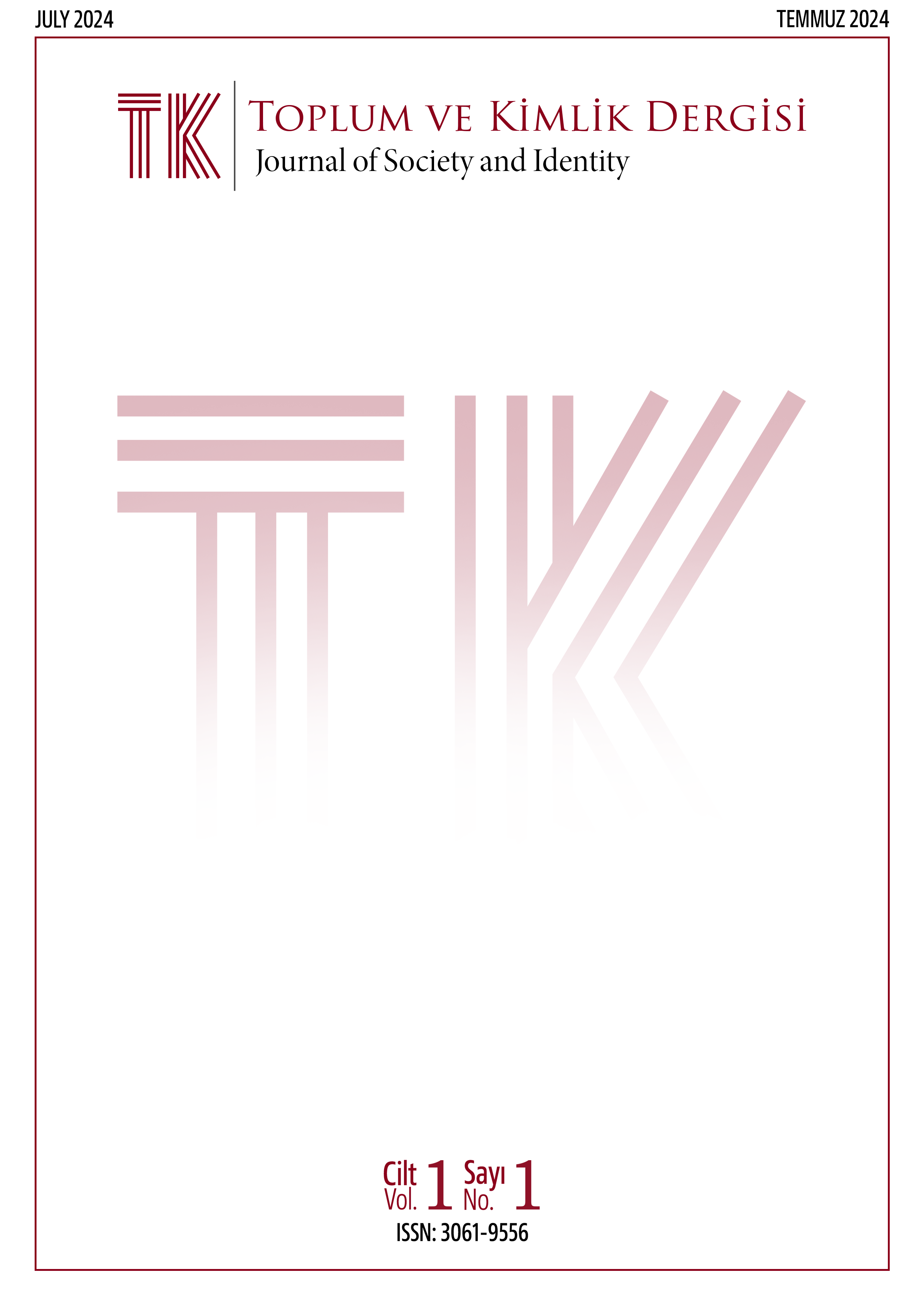Society Against the State: Book Review
DOI:
https://doi.org/10.5281/zenodo.13133275Keywords:
Archaic society, coercion, subsistence economy, political power, political anthropology, violence, Archaic society, coercion, subsistence economy, political power, political anthropology, violenceAbstract
This study presents an evaluation of Pierre Clastres' book "Society Against the State." The author's main thesis is centered on examining the nature of political power in stateless societies, arguing that these societies possess a form of governance that does not involve coercion and violence. In stateless societies, chiefs with authority derive this authority from the collective individuals constituting the society, though the symbolic dimension of this authority is highlighted. Through ethnological and anthropological studies, Clastres challenges the prevalent views on the subsistence economy and political organizations of these societies, emphasizing that these social structures are coherent and meaningful within their own contexts. The author underscores the scientific superficiality of studies that depict primitive societies as merely subsistence economies, demonstrating through his analyses that these societies are actually societies of abundance. While the meaning attributed to political power may change, Clastres contends that this concept has existed and continues to exist with its own dynamics in every society. In this context, the work, which questions the understanding of power in modern societies and offers an alternative perspective, makes a significant contribution to the field of political anthropology.
References
Clastres, P. (2019). Devlete Karşı Toplum. (Çev. M. Sert, N. Demirtaş). İstanbul: Ayrıntı
Yayınevi.
Scheurmann, E. (2013). Göğü Delen Adam. (Çev. Levent Tayla). İstanbul: Ayrıntı Yayınevi.
Downloads
Published
How to Cite
Issue
Section
License
Copyright (c) 2024 Merve Acar

This work is licensed under a Creative Commons Attribution 4.0 International License.







